Ask AI on The Internet
Question: Write an informative essay on a Greek mythical character. Your essay will use research to summarize the plot of the myth and explain the mythical character's cultural significance.
### The Myth of Perseus: The Hero Who Slayed Medusa The fascinating world of Greek mythology is brimming with tales of heroes, monsters, and divine interventions, reflecting rich cultural heritage and deep philosophical inquiries. One of the most enduring and celebrated mythical heroes is Perseus. His adventures, particularly the quest to slay the Gorgon Medusa, are emblematic of Greek values such as bravery, cleverness, and the struggle against chaos. This essay will summarize the plot of Perseus's myth and elucidate his cultural significance. #### The Myth of Perseus Perseus, a son of Zeus and Danaë, was born into a narrative teeming with divine intrigue and mortal peril. His grandfather, Acrisius, king of Argos, fearing a prophecy that his grandson would kill him, locked Danaë away. However, Zeus visited Danaë in the form of a golden shower, leading to Perseus's birth. Acrisius, upon discovering Perseus, cast both mother and child into the sea in a chest. They survived and were eventually found by Dictys, a kind fisherman on the island of Seriphos. Perseus's most famous adventure began when Polydectes, the island’s king, tricked him into promising to obtain the head of Medusa, the only mortal Gorgon, whose gaze could turn anyone to stone. This near-impossible task was a disguised ploy to rid Polydectes of Perseus, a hurdle in his pursuit of Danaë. Aided by divine tools and guidance—Hermes’s winged sandals, Hades’s helm of invisibility, Athena’s polished shield, and Hephaestus’s adamantine sword—Perseus embarked on his perilous journey. After consulting the Graeae, three sisters who shared one eye and one tooth among them, Perseus reached the Gorgons’ lair. Using Athena’s shield to view Medusa's reflection, thus avoiding her petrifying gaze, Perseus decapitated Medusa. From her blood sprang Pegasus, the winged horse, and Chrysaor, the golden giant. Returning to Seriphos, Perseus discovered Polydectes had forced Danaë into hiding. He confronted and resolved the threat by using Medusa’s head to turn Polydectes and his courtiers to stone. Ultimately, Perseus fulfilled the prophecy by accidentally killing Acrisius with a discus during athletic games, a testament to the inescapability of fate in Greek mythology. #### Cultural Significance of Perseus Perseus's myth carries profound cultural weight in the context of ancient Greek society. As a celebrated hero, Perseus embodies several key Greek virtues. His bravery and resourcefulness are highlighted in his quest, asserting the cultural ideal of a hero who faces overwhelming odds with intelligence and divine aid. Moreover, Perseus's story underscores the Greek worldview concerning fate and divine will. Despite his heroic status, Perseus cannot escape the prophecy that he will kill his grandfather, reflecting a cultural acceptance of fate's inevitability and the gods’ overarching influence in mortal affairs. Perseus’s adventures also echo the Greek appreciation for intellect and strategy alongside physical prowess. His use of reflective tactics and divine instruments to overcome Medusa depicts a hero who relies on wit as much as strength, resonating with the Greek valorization of cleverness and resourcefulness. Medusa's slaying, a central feat in Perseus’s legend, symbolizes the triumph of order over chaos. Medusa, with her monstrous ability to petrify, embodies primal chaos, while Perseus, armed with divine gifts, represents the civilizing force of the hero. Thus, the narrative functions as a metaphoric assertion of human agency and divine favor in taming the untamed world. #### Conclusion Perseus remains one of Greek mythology’s most exemplary figures, whose myth continues to captivate and instruct. Through his adventures, particularly the defeat of Medusa, Perseus epitomizes Greek heroic ideals and the cultural motifs of fate, divine intervention, and the balance between intellect and might. In analyzing his myth, we gain deeper insight into ancient Greek societal values and their enduring legacies.
Think your answer is better than the AI's? Post it below.
Other Most Relevant Posts:
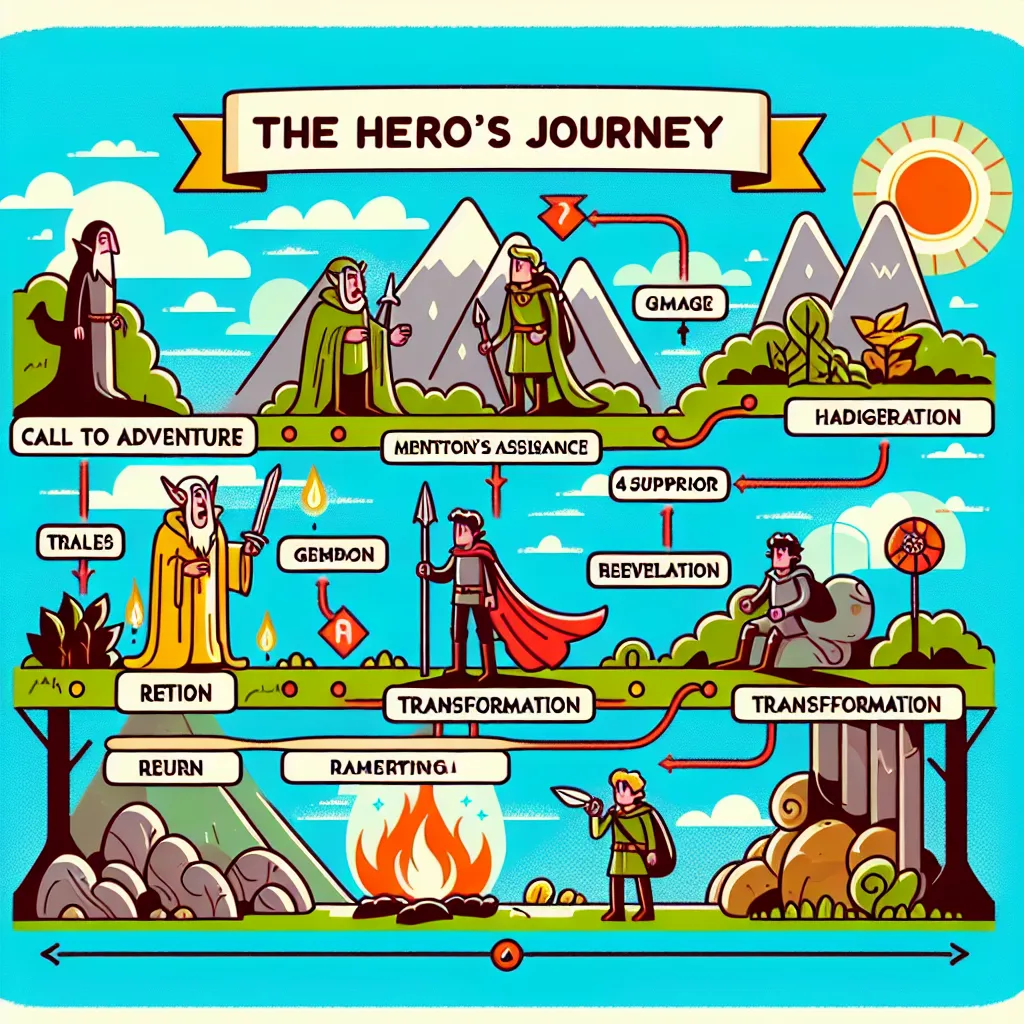 1. Unpacking Heroism: Traits & Journeys
2. Stages of the Hero's Journey
3. Hero’s Journey: Harry Potter and the Sorcerer's Stone
4. The Anglo-Saxons: Culture & Mead Hall
5. Modern Defenders: Hero
1. Unpacking Heroism: Traits & Journeys
2. Stages of the Hero's Journey
3. Hero’s Journey: Harry Potter and the Sorcerer's Stone
4. The Anglo-Saxons: Culture & Mead Hall
5. Modern Defenders: Hero
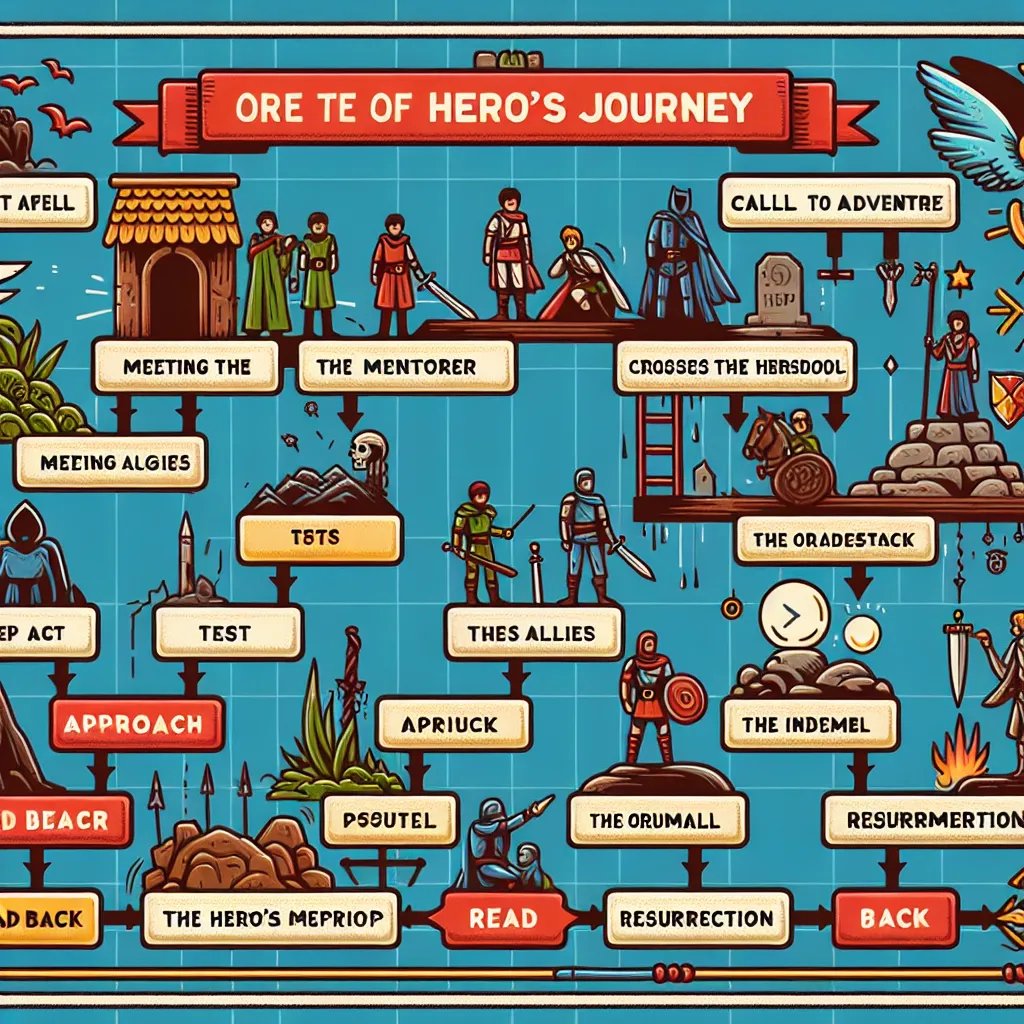 ### Station (B): Heroes Unveiled
### Station (C): Unraveling the Anglo-Saxon Legacy
### Station (D): Defending the Vulnerable: Heroes Among Us
### Station (B): Heroes Unveiled
### Station (C): Unraveling the Anglo-Saxon Legacy
### Station (D): Defending the Vulnerable: Heroes Among Us
If you want your question answered by an AI, click here.
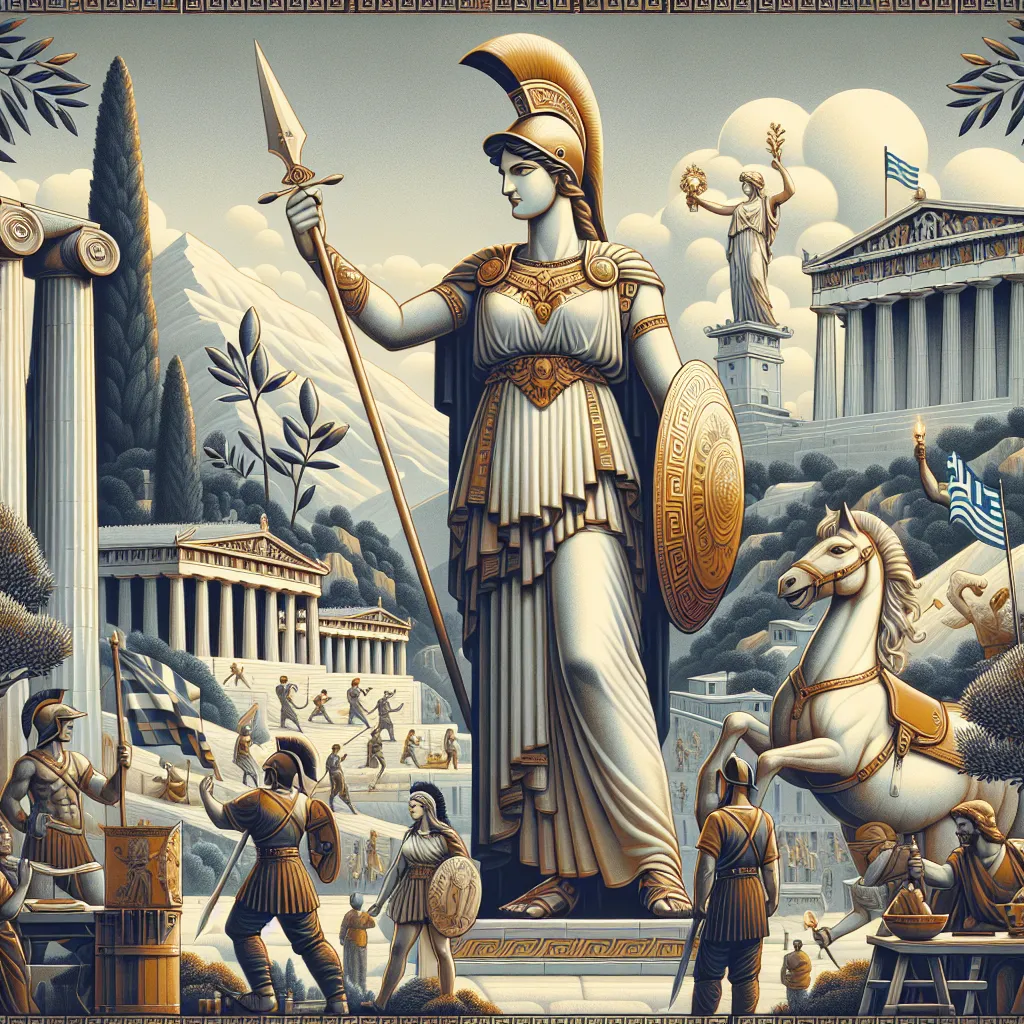
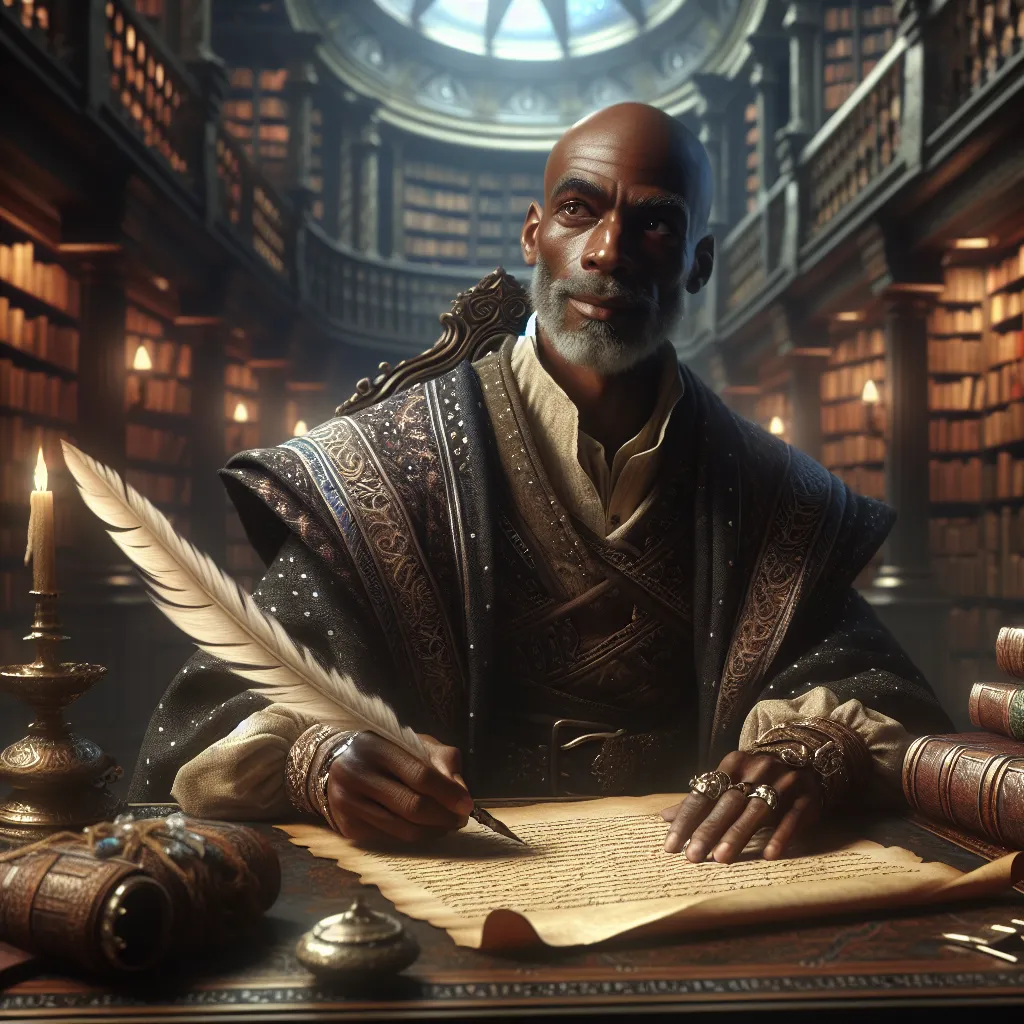
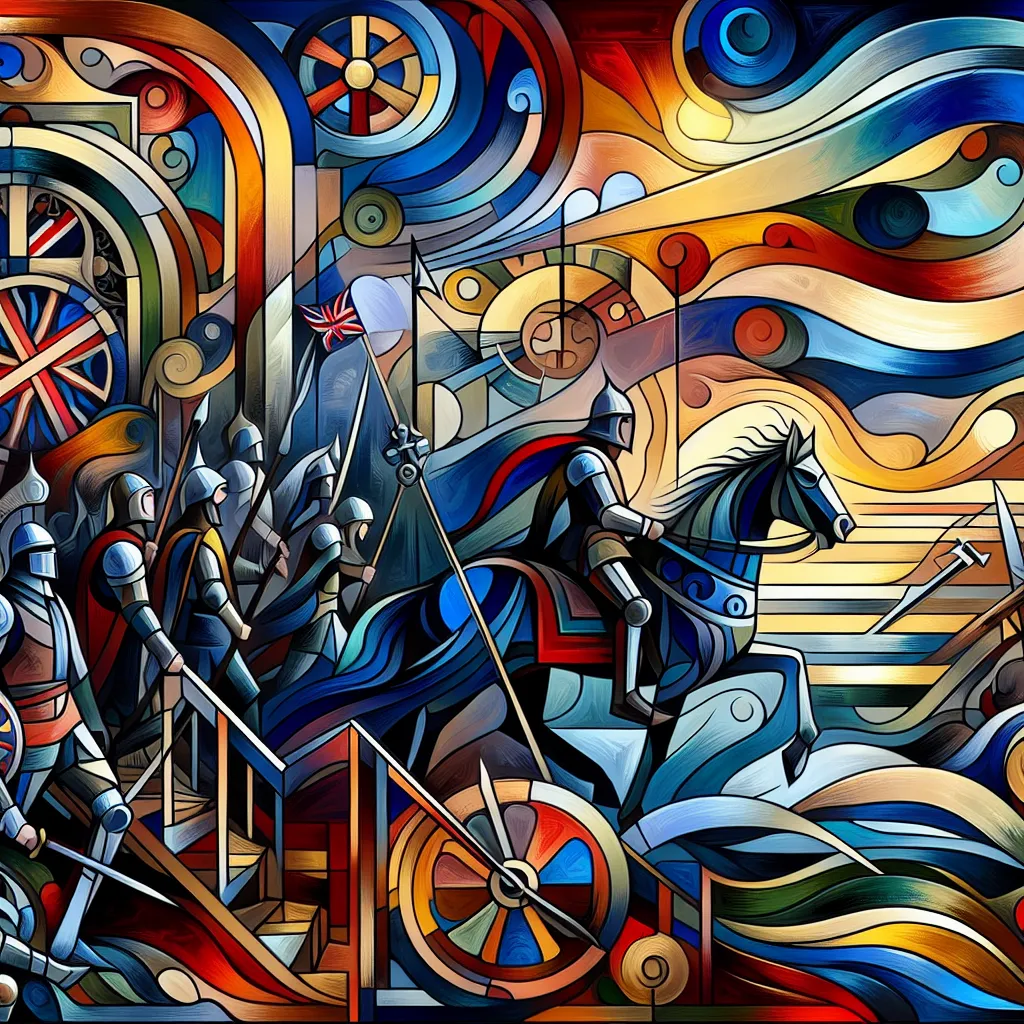


Post your own comment: